Founded in 2012, Coursera has rapidly become one of the biggest names in online education. Coursera offers over 4,000 courses from top universities and companies worldwide, providing unparalleled access to high-quality learning opportunities. But with its short video-based lectures and peer-reviewed assignments, does the Coursera learning experience deliver on its promises? Is Coursera worth the hype?
Course Quality
Coursera’s most significant selling point is easy access to courses from prestigious institutions like Stanford, Yale, University of Michigan, and IBM. These are undoubtedly impressive names to have on your resume. However, name-brand courses do not guarantee an equally high-quality learning experience.
Most Coursera courses follow a typical format — short pre-recorded video lectures, downloadable lecture notes, quizzes, and peer-reviewed assignments. This standardized structure allows top professors to condense university-level content into bite-sized learning modules. However, it also restricts the adaptability and interactivity of the learning experience.
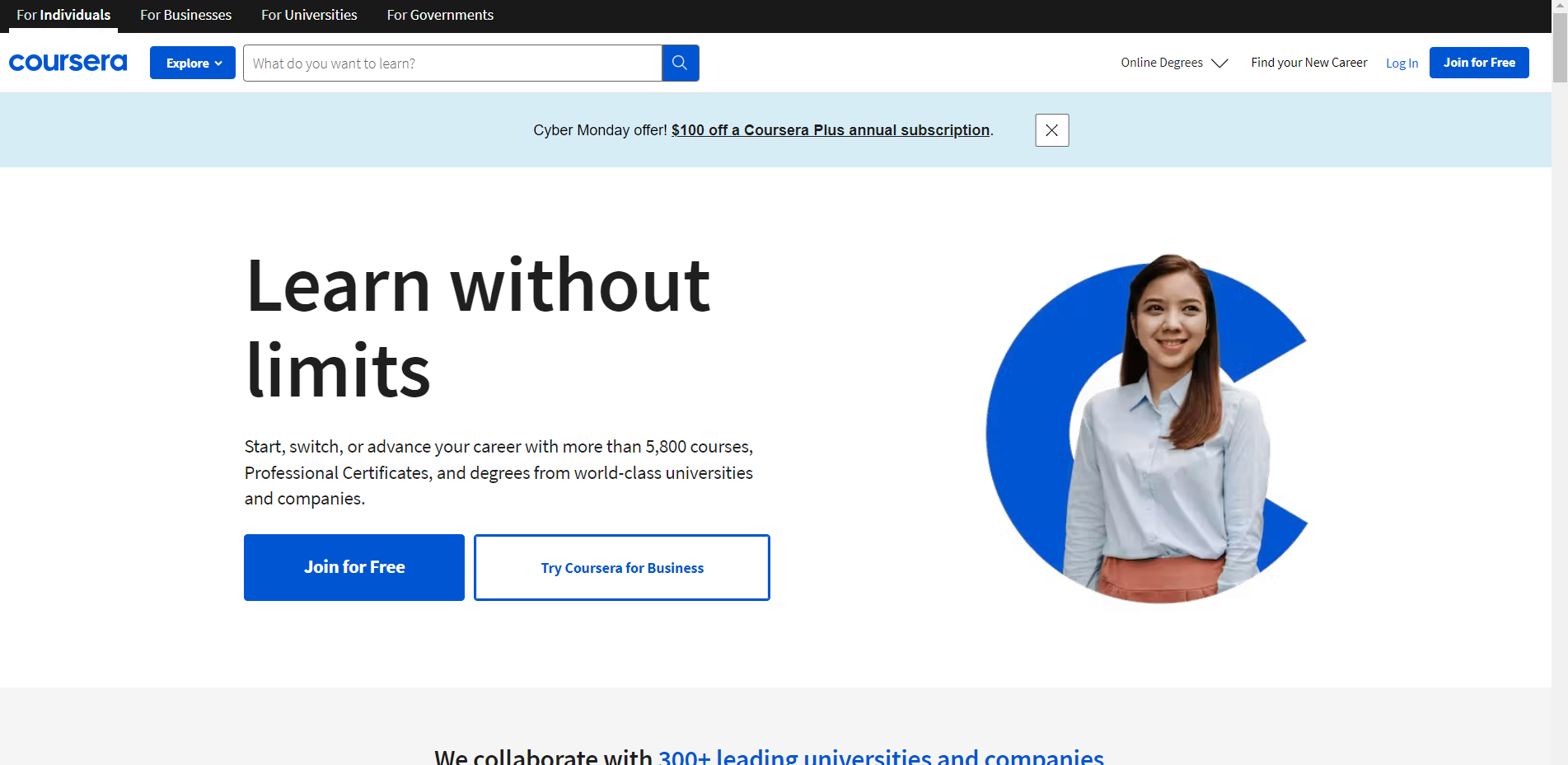
Additionally, students have raised concerns about the varying levels of professor involvement across courses. While some highly-rated courses feature engaging instructors who interact directly with students, other classes rely heavily on teaching assistants. So, course quality can vary significantly depending on the commitment level of the instructor.
Certification Credibility
Besides offering courses, Coursera allows to earn certifications by completing assessments and assignments within a specialization. However, the value of these credentials is debatable.
While certified specializations directly from universities like the University of Illinois and the University of Michigan carry more weight, those administered by Coursera itself need more credibility. They confirm the essential completion of required coursework rather than any proficiency. Additionally, courses can be easily gamed through generous peer assessment grading and lax cheating prevention.
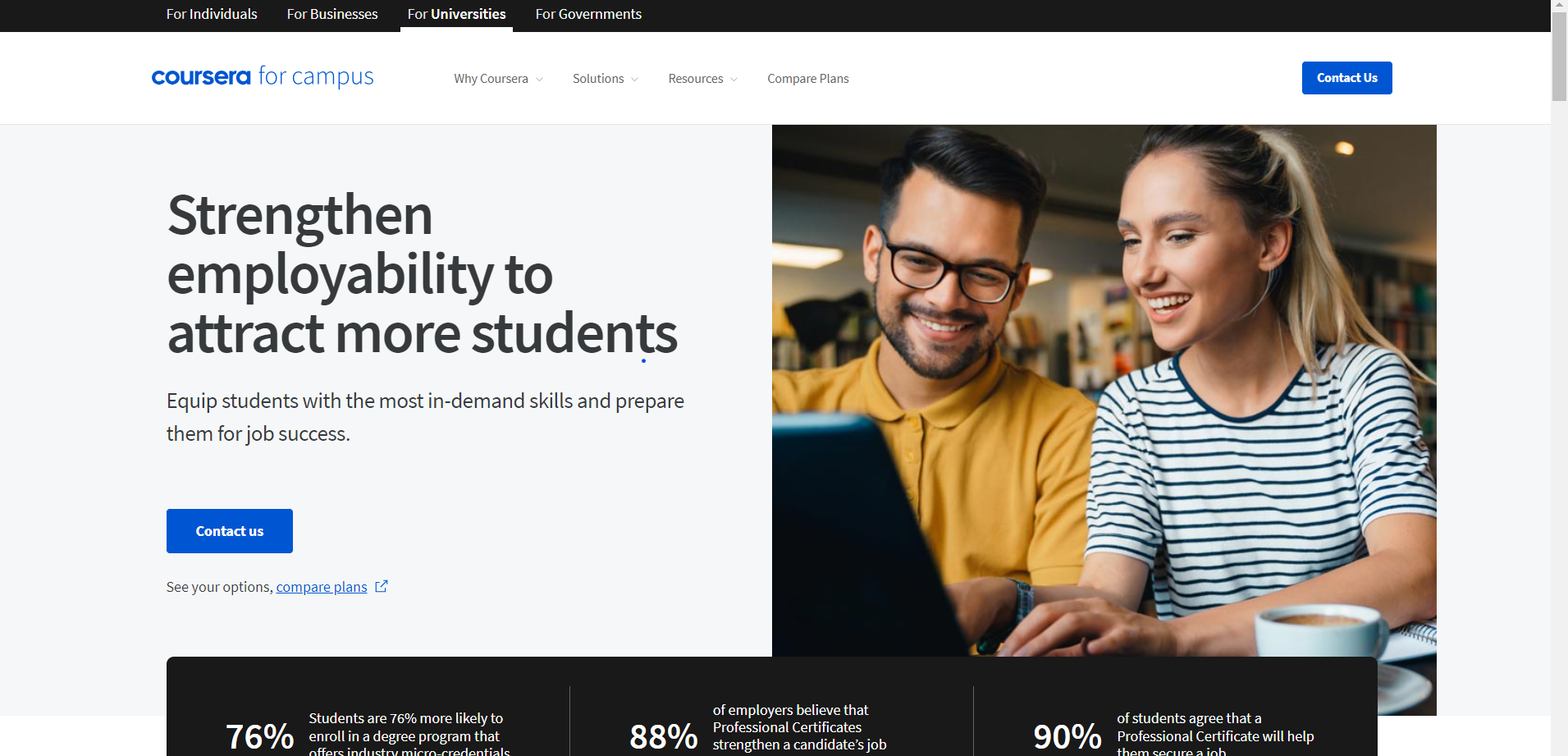
So, regarding credential value, reputable university-issued specializations trump self-administered ones. Learners looking to strengthen their resumes are better off directly pursuing certificates from the associated university instead of Coursera-branded specializations.
Flexibility
One of Coursera’s biggest strengths is flexibility. With courses officially starting every 1-2 months and self-paced options also available, it caters well to working professionals looking to develop skills on their schedule.
The availability of course materials for the entire subscription duration is also a significant plus. Instead of restricting access after the official course duration, Coursera allows you to revisit lecture videos and notes well after completion. This level of accessibility surpasses the offerings from most competing MOOC platforms.
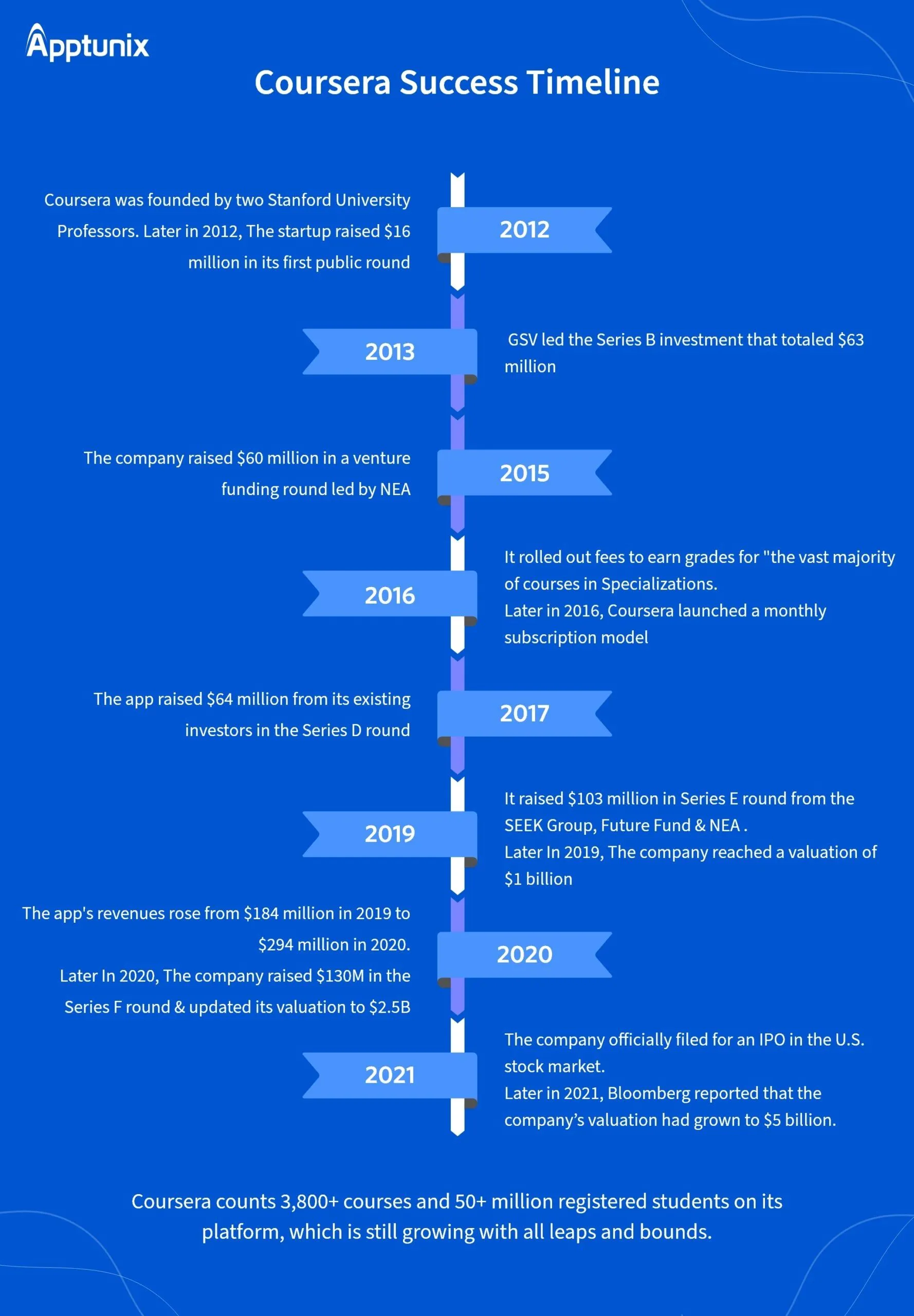
Additionally, Android and iOS apps allow learning on the go. However, the Coursera mobile experience is quite restrictive, making engaging with anything beyond lectures and readings difficult. More interactive parts of the coursework, like assignments and peer assessments, require using the entire web platform.
So, while Coursera offers praiseworthy flexibility in theory, true anytime, anywhere access remains limited.
How Is The Cost
One of Coursera’s main appeals is offering university-level content for free. However, pricing for premium features like graded assignments, certificates, and specializations can be confusing.
While you can audit classes for free, submitting coursework for feedback or credentials requires a premium subscription. Coursera Plus and Professional Certificates provide graded assignments and shareable certificates for a recurring fee. Plus, subscriptions cost $399/year, while Professional Certificates range from $39-$99 per course.
There is also an option for a 7-day free trial for limited access to graded assignments. However, learners have complained about unexpectedly large bills from unused free trial auto-renewals.
On the positive side, Coursera offers need-based financial aid. It also has specific grant programs for refugees, military, and government members. Corporate partnerships subsidize employee enrollment in career-related courses from Coursera’s industry-recognized Professional Certificate programs.
For unsubsidized learners, costs remain moderately affordable but can quickly rise if they pursue multiple certificate programs. Free trials introduce more choices but also pose risks of unexpectedly large charges.
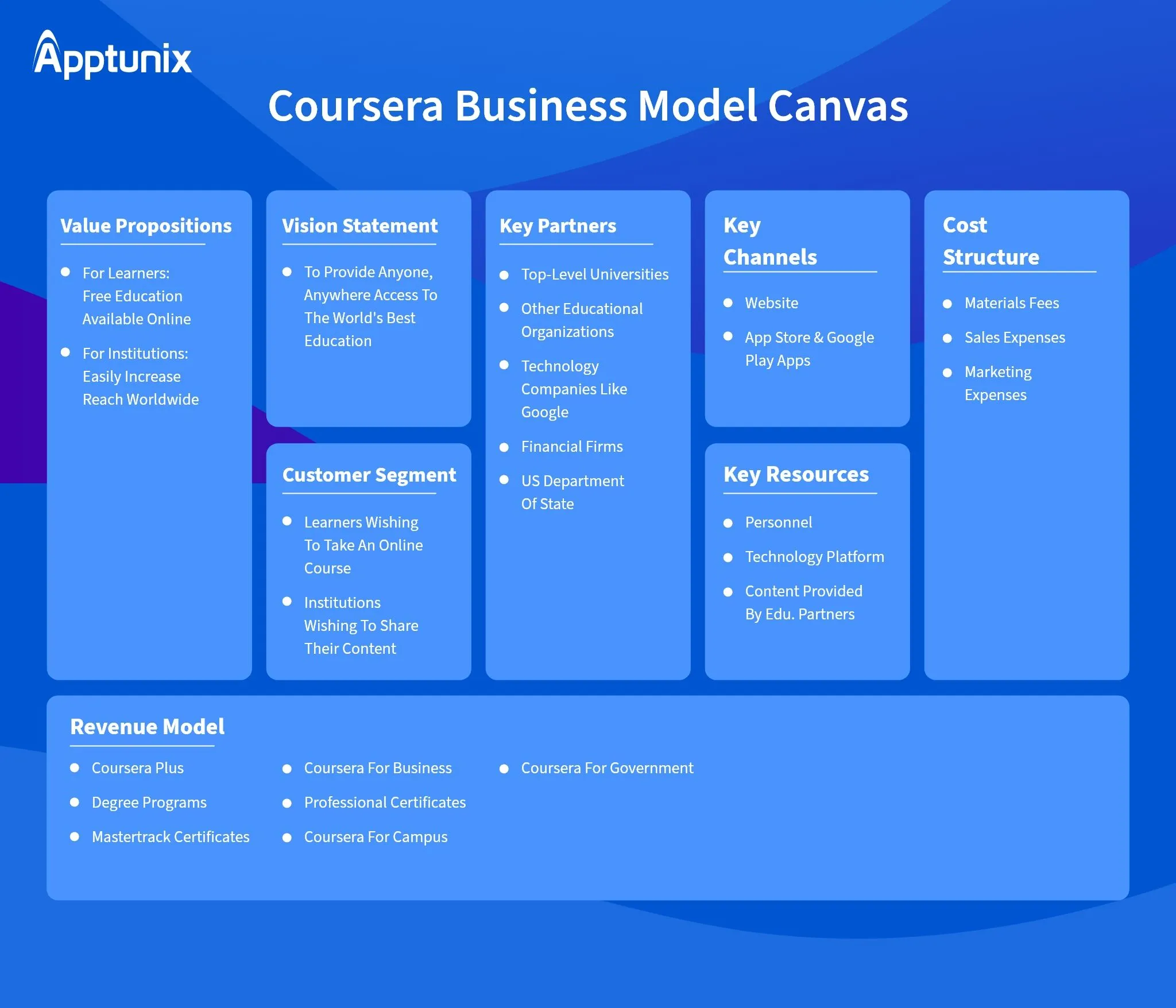
Learning Experience
Due to its standardized format emphasizing video lectures and quizzes, critics argue Coursera delivers a largely passive learning experience with limited peer and instructor interactivity.
However, supporters note that even within the constraints of its approach, Coursera has introduced creative solutions to make online learning more engaging. These include:
- Peer assessments – Anonymous peer review of written assignments from 5+ fellow students
- Interactive course elements – Options like in-video quizzes, coding exercises, and virtual reality lessons
- Discussion forums – For exchanging ideas with both peers and course teaching assistants
- Subtitles/Closed captions – For improved accessibility
- Mobile offline access – For learning on the go without internet
While there are still areas for improvement, Coursera offers one of the more well-developed and multifaceted learning experiences among MOOC providers.

Is Coursera Worth the Hype?
When reasonably evaluating Coursera against competitors in online education, they lead in brand credibility by aggregating courses from recognizable industry leaders and top global universities. The platform also keeps improving by incorporating innovative formats for increased interactivity.
However, courses still need to be more balanced, depending mainly on the commitment of the specific instructor. Budget learners must also carefully explore premium features to avoid unexpectedly expensive auto-renewals.
Coursera’s Professional Certificate programs show solid promise for career-focused learners seeking reputable credentials. However, credentials administered directly by partner universities still carry more weight. CAS
So, is Coursera worth the hype? While the answer depends mainly on your specific needs and learning priorities, Coursera remains an Editors’ Choice among MOOC platforms for its course variety, certificate programs, and flexible access. Approached strategically and selectively, Coursera provides efficient access to quality learning content from some of the most credible institutions worldwide.
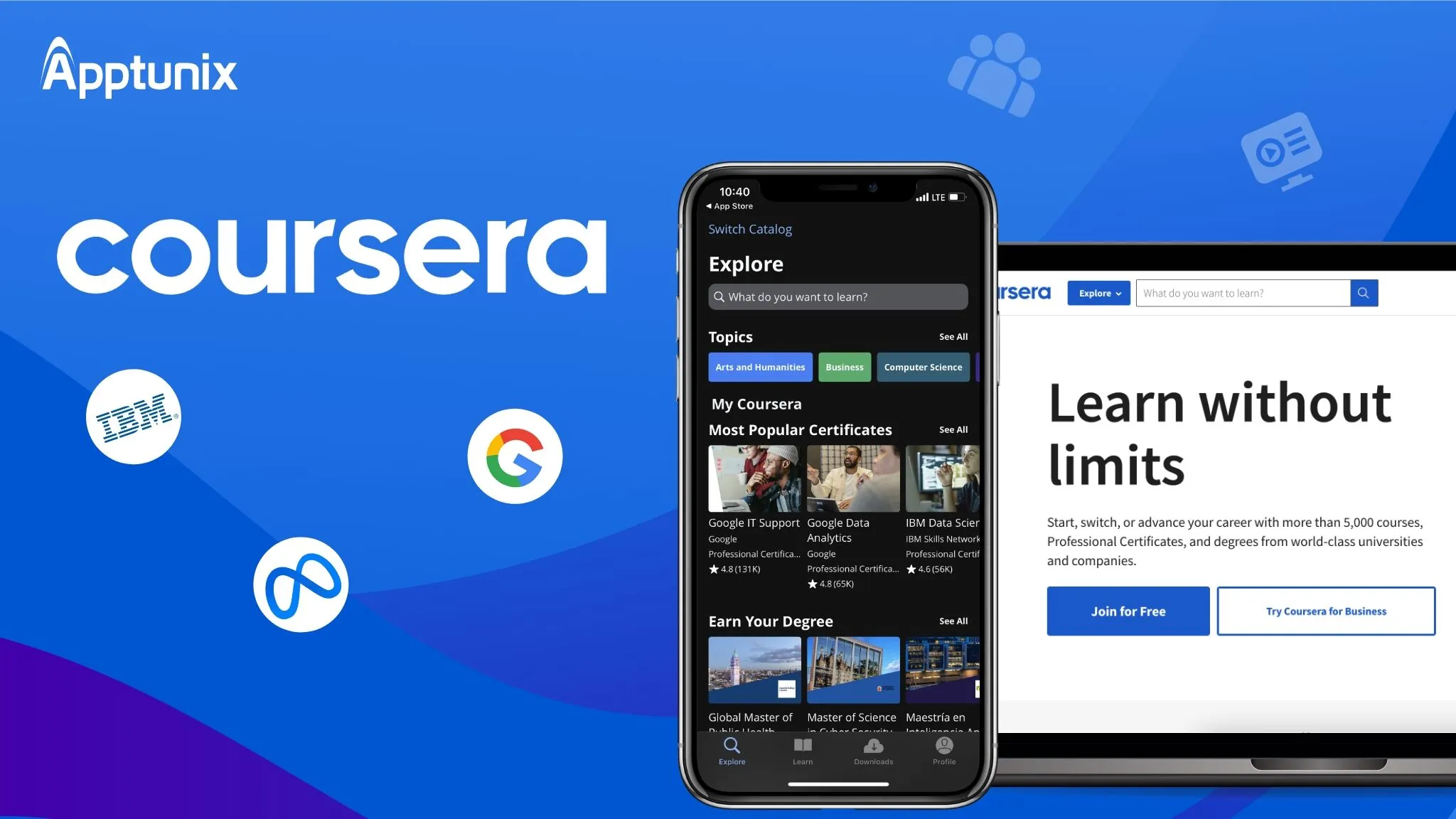
Technology Integration and Innovation
Coursera’s effectiveness in integrating innovative learning technologies and interactive features becomes essential as technology continuously evolves. The platform’s ability to leverage advancements such as artificial intelligence, virtual reality, or adaptive learning technologies impacts the overall engagement and effectiveness of the courses. Assessing how Coursera adapts to and incorporates technological innovations is crucial for learners seeking cutting-edge educational experiences.
Feedback Mechanisms and Continuous Improvement
Understanding how Coursera incorporates learner feedback and continually improves its platform is vital for prospective users. The platform’s responsiveness to user suggestions, prompt address of issues, and implementation of improvements based on user experiences contribute to the overall satisfaction of learners. Evaluating Coursera’s commitment to enhancing the learning experience through feedback mechanisms is essential for informed decision-making.

Data Privacy and Security
With increasing reliance on online platforms, data privacy and security concerns have become paramount. Coursera collects user data for various purposes, including personalizing learning experiences. Assessing the platform’s data protection measures, transparency in data usage, and adherence to privacy standards is crucial for learners who prioritize the security of their personal information.
Conclusion
Coursera is a prominent player in the online education landscape, offering a vast array of courses from renowned institutions and industry leaders. While its brand credibility, flexibility, and evolving learning experiences contribute to its acclaim, potential learners must navigate course quality, certification credibility, and cost considerations. The platform’s community engagement, adaptability to emerging trends, global accessibility, career services, technology integration, commitment to feedback, and data privacy are crucial facets to evaluate. As Coursera celebrates its success on its 1-year birthday, its worthiness depends on individual needs and priorities. Approached strategically and selectively, Coursera remains an Editors’ Choice among MOOC platforms, providing efficient access to quality learning content and reputable credentials from some of the most credible institutions worldwide.
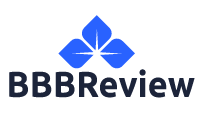
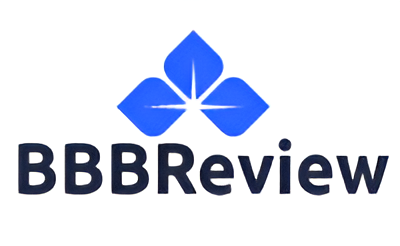
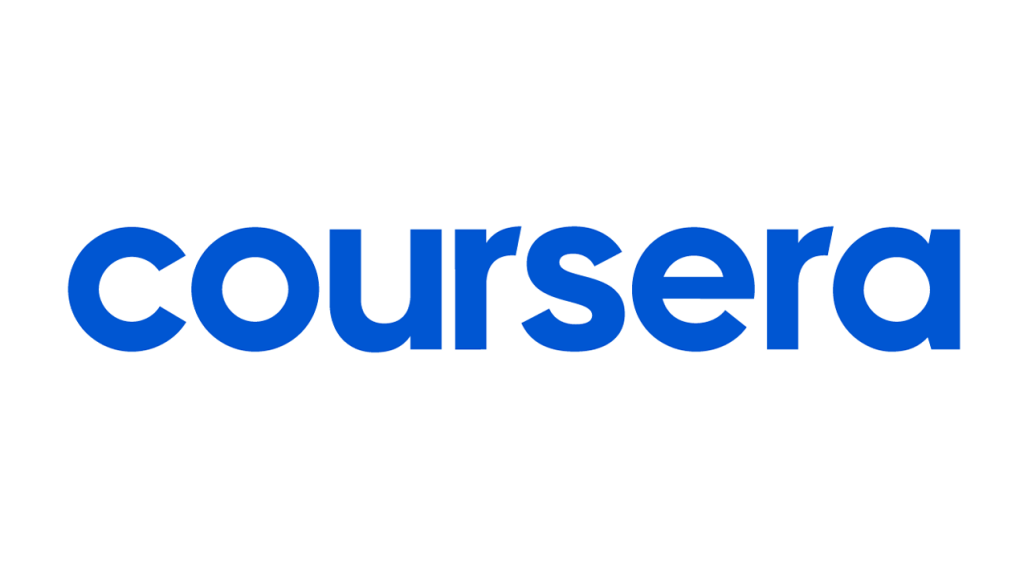
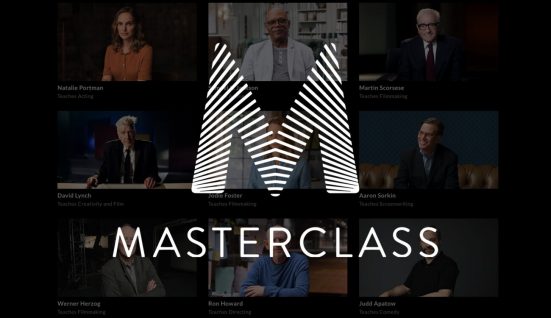
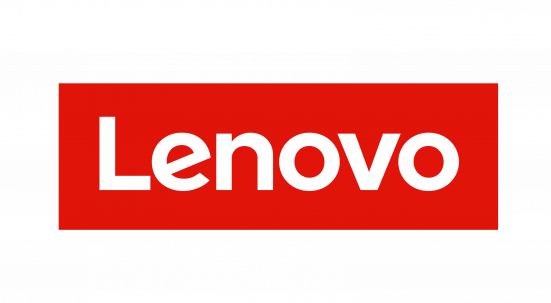


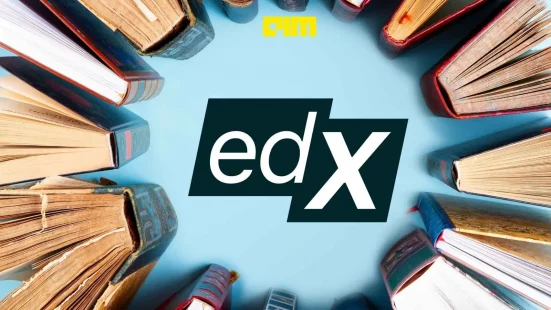

Leave feedback about this
You must be logged in to post a comment.